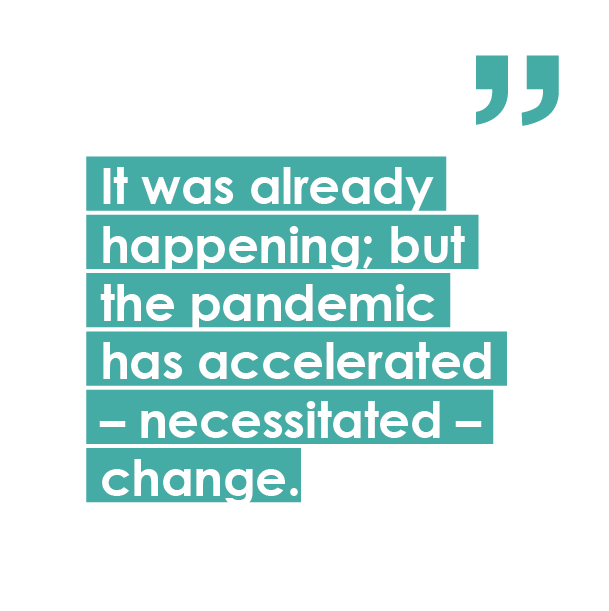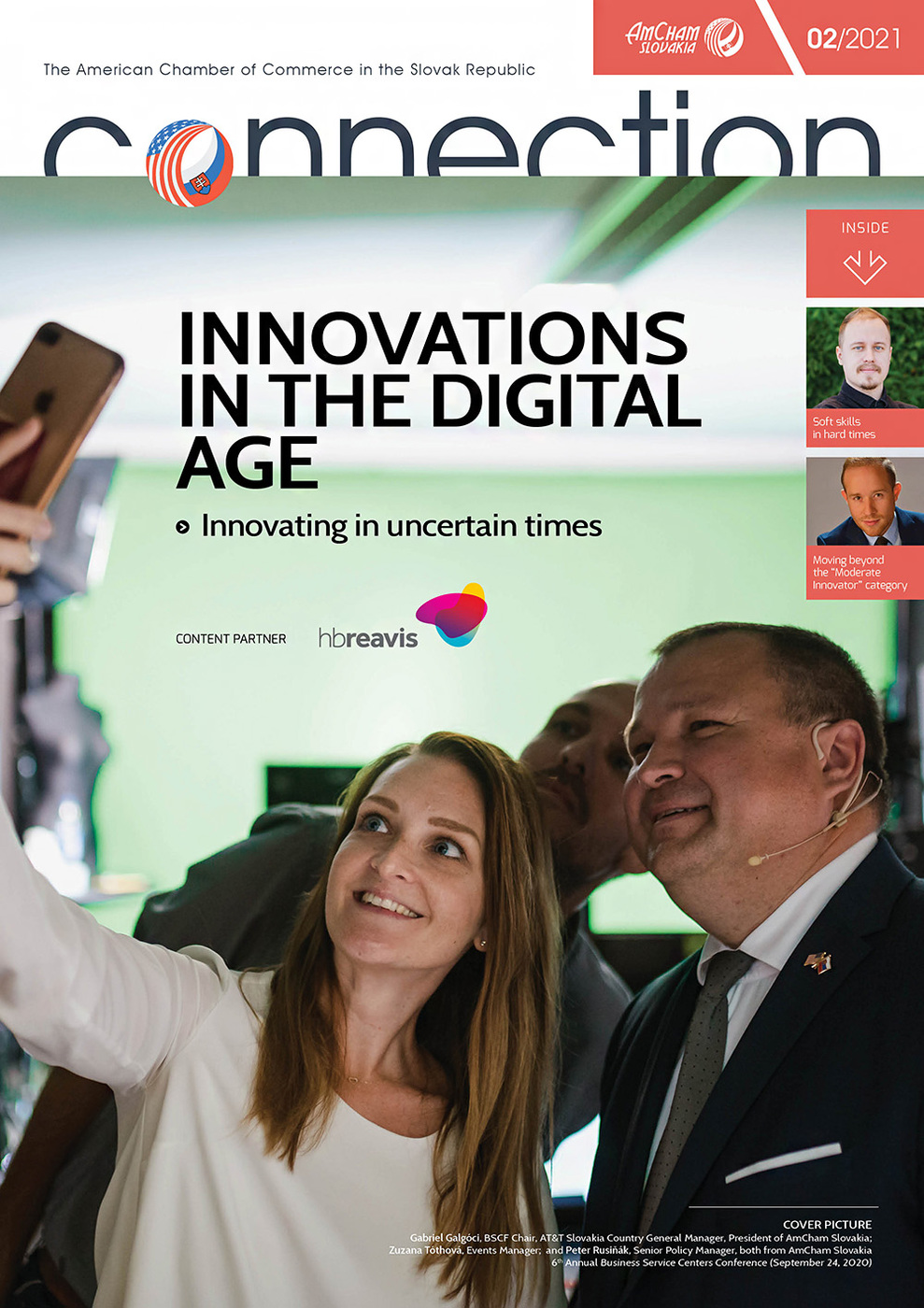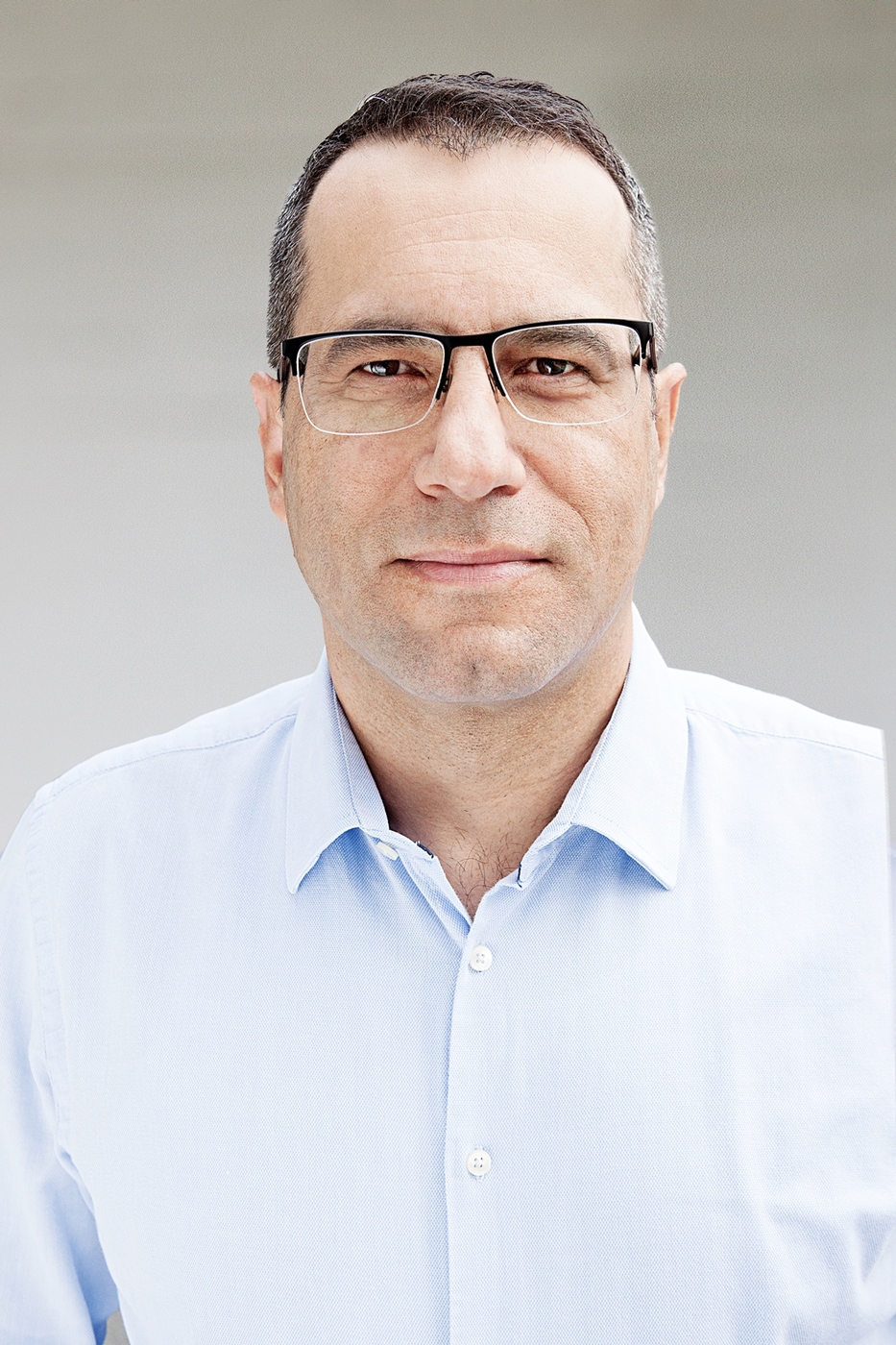If you were to pick the biggest effect of Covid-19, what would it be?
I would say that businesses have learned how important the right environment is to doing your best work. It’s not just individuals who have taken a hard look at life. We’ve seen over the last year just how quickly businesses have reappraised their operations. The experience is creating the foundations for a more flexible workspace strategy that employers have already seen will unlock greater productivity. It was already happening; but the pandemic has accelerated – necessitated – change.
What were (or still are) the main challenges?
A year ago, the argument was that we should work from home more to improve both productivity and wellbeing. Now, the shoe’s on the other foot – we’re hearing and reading that we need to be in the office to improve productivity and wellbeing.
We’re missing out on the inventiveness that comes through collaboration. We’re missing the social interactions that make careers more inspiring. And everyone now understands how younger generations will be left behind without the learning and mentoring that comes with working closely with more experienced peers. The key is to create spaces that support these needs. It’s something we’ve been doing for many years at HB Reavis. It’s something we had to explain in detail before – not so much now!
Can it really make a big difference?
Research shows that when employees are happy and healthy, they take less time off sick and are more productive when at work.
So, our workplaces are hybrid environments tailored for different working styles. They’re flexible in when and how they can be used; malleable and ready to be rearranged depending on what’s going on at that moment in time. We also ensure a whole host of wellbeing features, from facilities for cyclists to gyms, to art that flows up staircases – encouraging their use.
 Plus, we go beyond the physical space. We have teams that provide services which create communities with authentically individual cultures. Things like educational events, cycle sharing schemes and winter markets – there are many facets to a working day that make for an enjoyable working life.
Plus, we go beyond the physical space. We have teams that provide services which create communities with authentically individual cultures. Things like educational events, cycle sharing schemes and winter markets – there are many facets to a working day that make for an enjoyable working life.
Over recent years, the approach has become popular because it attracts Millennials and Gen Ys and Zs. But the pandemic has brought its importance home to everyone. And it ties in directly to our move, four years ago, to develop our human centric ‘Workspace as a Service’ philosophy.
Workspace as a Service? It sounds futuristic.
It kind of is, but the future is actually here. Today, everyone knows there’s more to an office than a static cubicle filled with people, chairs, tables and computers.
A good office space reflects the needs of people who work there. For example, playrooms are pointless if your people are onsite with clients. And walls are great for some departments – but not when you want to spark cross-team interactions. It’s points like this that Origameo, our workplace consultancy team, researches and designs solutions for.
Clients also used to ask for a space that could support the future size of their business – even though many didn’t meet their growth targets. Now, they can simply get an office at one of our Qubes locations that suits their current workforce, and scale it to their needs month-by-month.
Data, too, plays a vital role in our Workspace as a Service strategy. Smart workspace solutions like Symbiosy use a combination of sensor technologies and data analytics to predict each individual employee’s needs. Then, our workspace design experts, Origameo, can tailor a space to suit them perfectly.
Even better, our data analytics make it possible to understand how those preferences evolve over time and can automatically adjust your workspace around them. A good example is smart desk booking, which makes life simpler for employees – plus saves around 10% of floorspace, and overall rent.
Can a company really base its strategy on something as variable as flexibility?
Over time, I don’t think there’ll be any other option. Employees want flexibility, in where they work, how they work and what they do in and around their work. Businesses that adapt to this will not only enjoy more productivity – they’ll attract the best talent.
The latest trends reflect this approach. A flexible, short-term serviced office lease isn’t groundbreaking on its own. But flexibility that extends to the kind of granular level we offer is changing the perception of what’s possible. And we can’t forget the issue that’s driven so much interest in workspace flexibility: Covid-19. With embedded sensors and Bluetooth connected employee tags, we can now measure office density in real-time – supporting social distancing. And if an employee tests positive for Covid-19, indoor positioning technology can identify who interacted with whom, and ensure action is taken.
Rene Popik, Chief Executive Officer, HB Reavis Slovakia
Rene Popik joined the company in 2007 and gained important experience as the CEO of the Polish branch, playing a vital role in business development in the Polish market. Since 2017 he has been a member of the HB Reavis Group Board of Directors and was responsible for the Slovak and Polish markets as well as the Development Department. He was appointed the new Chief Executive Officer in Slovakia in October of 2018. Prior to HB Reavis, Rene worked for the real estate developer Saller Group and acted as the Manager of shopping centre Galéria in Košice. Rene is a graduate of the University of Economics in Bratislava and holds an engineer’s degree (Ing.) in Business Management.



Follow us